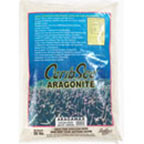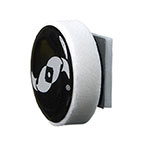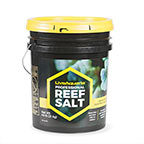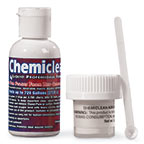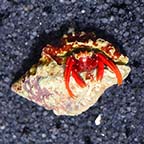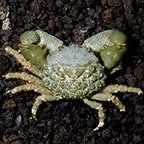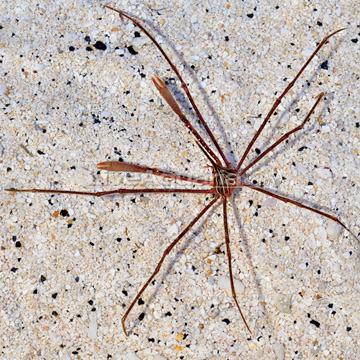
Additional locales and sizes may be available!
Additional locales and sizes may be available! Email me when availableQuick Stats
What do these Quick Stats mean? Click here for more information
What do these Quick Stats mean? Click here for more information
Overview
It is a hardy, long-lived invertebrate, that can be housed in the reef aquarium. This crab has been known to attack crustaceans such as Banded Coral Shrimp, and may even attack small slow moving fish. All crabs are opportunistic feeders and if insufficient food is present they may pick at mushrooms or polyps searching for food. However, Arrow Crabs may provide the beneficial service of eating smaller Bristle Worms which some consider pests. Breeding Arrow Crabs in the aquarium is not generally successful. Larvae are free-swimming and hatch in about two weeks. It will accept almost all meaty, flake and tablet foods.
Approximate Purchase Size: 1-1/4" 4"



